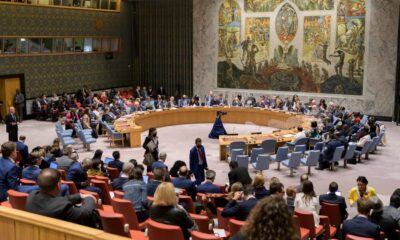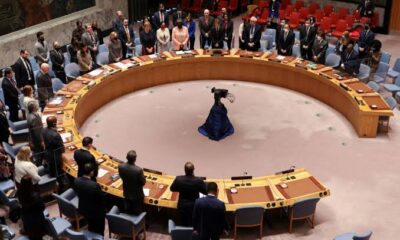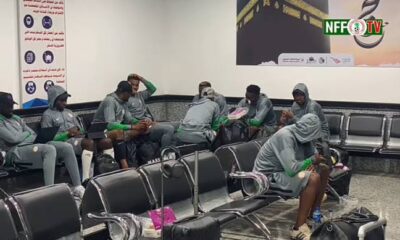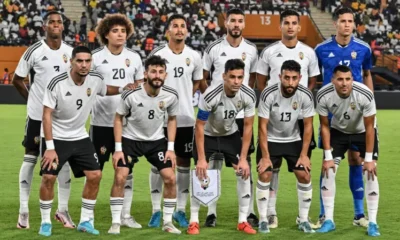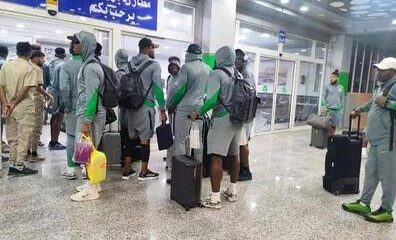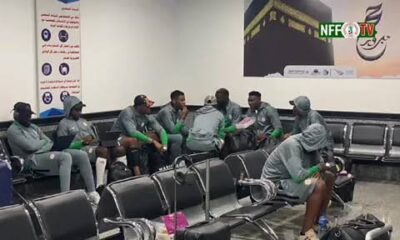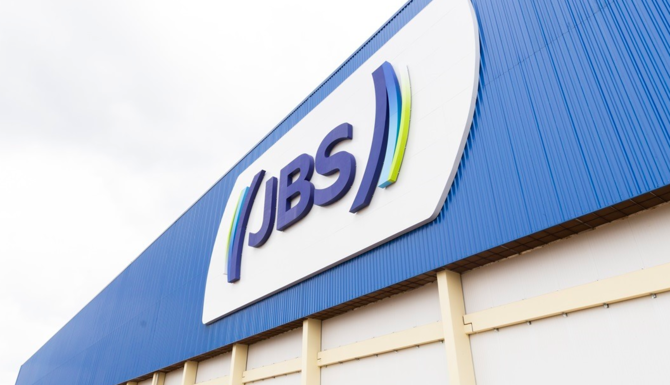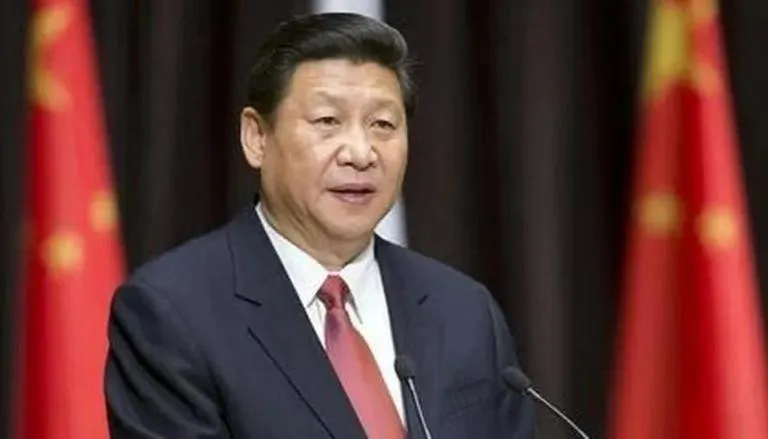Musings From Abroad
UN envoy in Libya to reopen negotiations between parties over central bank governor
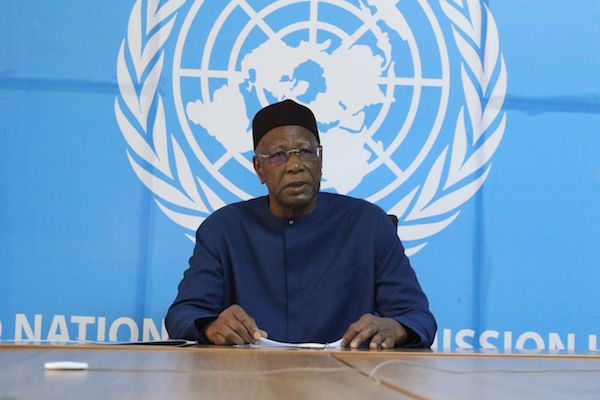
Musings From Abroad
Brazilian meatpacker JBS invests $2.5 billion in Nigeria, builds six facilities
Musings From Abroad
China’s Xi meets with Morocco’s Crown Prince
-

 Politics2 days ago
Politics2 days agoMali’s junta names spokesman Abdoulaye Maiga new Prime Minister
-

 VenturesNow2 days ago
VenturesNow2 days agoIMF mission concludes 4th loan program assessment in Egypt
-

 Metro2 days ago
Metro2 days ago65% of Nigerian households lack money for healthy food—Survey
-

 Musings From Abroad2 days ago
Musings From Abroad2 days agoBrazilian meatpacker JBS invests $2.5 billion in Nigeria, builds six facilities


